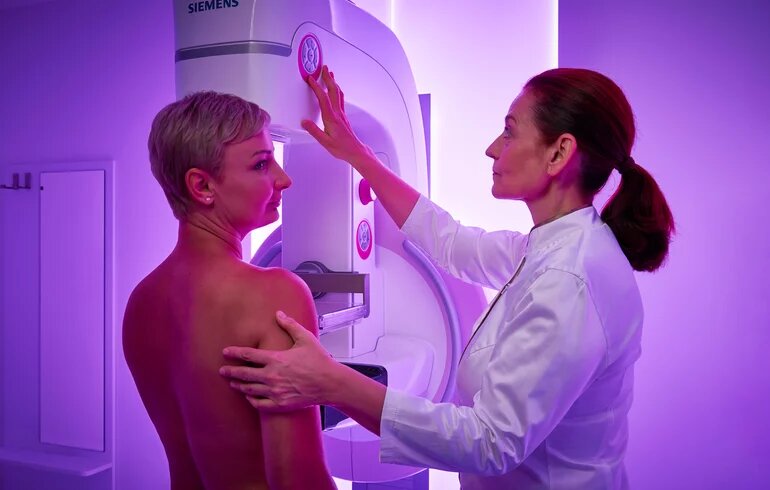Liposuction is a surgical procedure for removing fatty deposits. Unlike with weight loss, whereby the number of fat cells remains unchanged and only their volume decreases, liposuction permanently removes some of the fat cells.
Liposuction
When is liposuction warranted?
One of the possible ways to eliminate the fat cells that have accumulated on the abdomen, thighs and waist and, in some cases, the stubborn fatty deposits under the chin, around the knee and the upper arm, is to use liposuction. The maximum amount of fat extracted during one procedure is 3 liters. Liposuction alone can only produce a truly aesthetically pleasing result if the skin in the area is sufficiently supple and taut, in other cases it may be necessary to remove excess skin. The result of the intervention is immediately visible, but it takes six months for the final form to take shape. The change is not primarily measured in kilograms, as liposuction is a shaping and not a weight-loss procedure. You will not notice the change on the scales, but in your clothes size. You will be pleased to find that your body feels toned again, its outline shapely and well-proportioned.
What happens at the first consultation?
Our plastic surgeon will examine you during a personal consultation and show you, based on their references, what your expected best outcome will be if you decide to have the procedure. He will suggest the necessary correction and explain the exact course of the surgery. It may be necessary to complement your liposuction with another correction - your doctor will also inform you of this.
Preparing for surgery
As with all surgeries, before liposuction you will need to have a full examination that includes laboratory tests and other tests if necessary (e.g., ECG and x-ray). In our private hospital, we perform all the necessary tests at the same time to save you time and to make your preparations for liposuction more convenient. You will then receive some lifestyle tips to help you prepare for surgery and to speed up your recovery. These include quitting smoking - at least temporarily - as nicotine slows the healing processes, consuming adequate amounts of fluids, vitamins and trace elements (vitamin C, selenium, zinc) and avoiding the use of aspirin, ginkgo biloba and other natural remedies, because these affect blood clotting.
What happens during surgery?
Prior to liposuction it is necessary to fill the area with Klein solution, which has a hemostatic and anesthetic effect. During liposuction under anesthesia our plastic surgeon performs surgical incisions at designated sites, then introduces the cannula used for the vacuuming procedure and sucks out the previously loosened excess adipose tissue from the area with smooth back and forth movements. Our private hospital plastic surgeons use the PAL vibration-controlled liposuction procedure, which is the most commonly used and is also considered the safest. It can remove 30% more fat than other procedures, even from hard-to-reach areas, and leads to quicker recovery times. The whole intervention takes 1.5-2 hours.
Recovery, regeneration
After liposuction you will need to spend one night in our private hospital, where you can relax in pleasant and comfortable surroundings. The surgical site should not be exposed to water for one week. You will need to wear the special compression dressing - which we provide for you - for eight weeks. Blood thinning injections and compression stockings are required for 5-10 days after liposuction to prevent possible deep vein thrombosis or pulmonary embolism. In the first few days, general weakness and feelings of dizziness may occur. Because of the blood loss, it is important that you eat mainly foods containing iron - such as red meat, legumes, rye bread. During the first two weeks it is important to avoid any strenuous physical activity, after which you can gradually resume your previous rhythm of life. After three weeks, light exercise is allowed. From then on, circulatory treatments such as lymphatic massage or LPG (vacuum massage) treatments are recommended. Neither the solarium, sunbathing, nor the sauna are advised for two months. Our plastic surgeon will call you back for a postoperative examination at specified intervals. The visible scars heal within 6 months, while those under the skin heal within about 2 years. Although we try to filter out all risk factors during preoperative liposuction examinations, unforeseen complications may occur. At the first consultation your plastic surgeon will inform you about these and how to avoid them.

